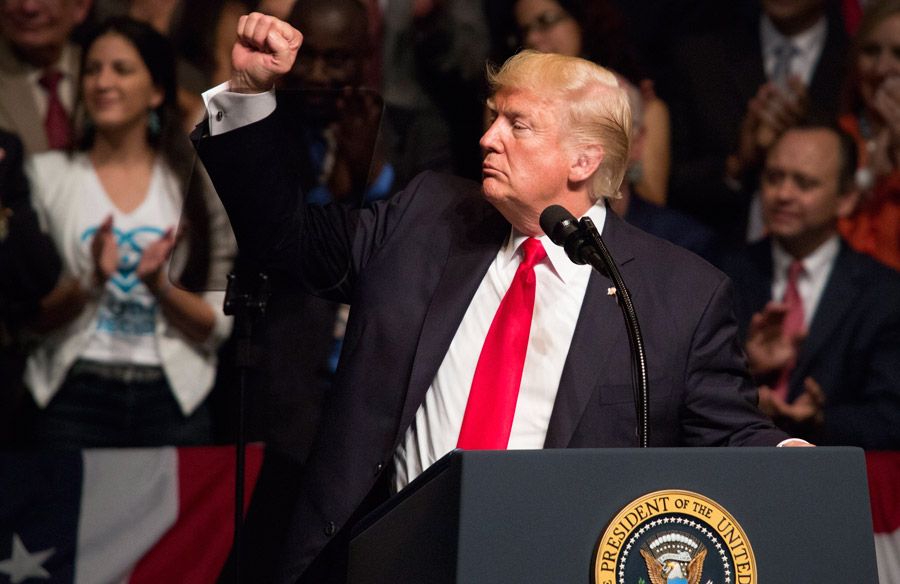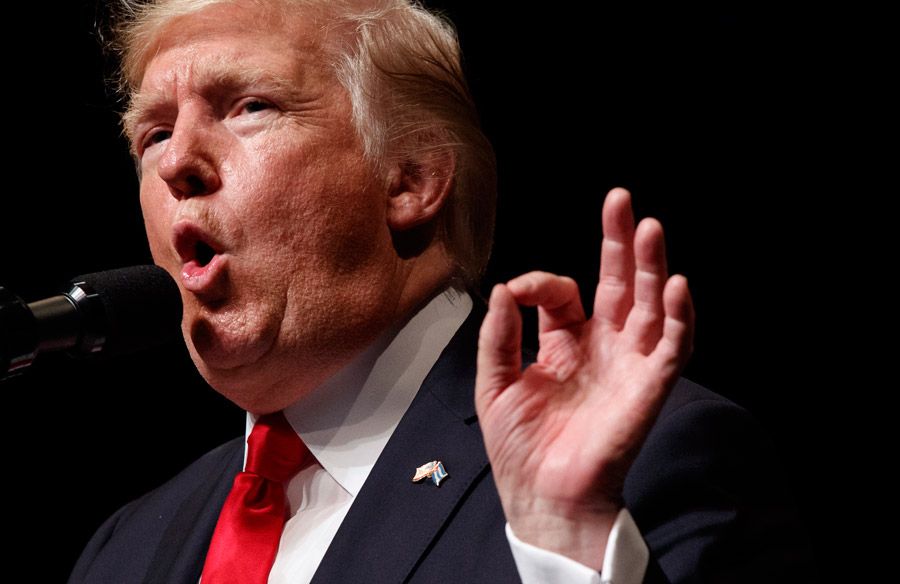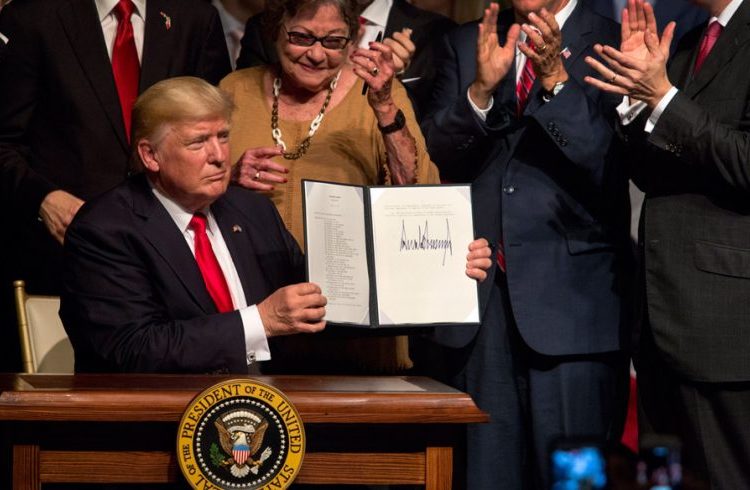Donald Trump announced last Friday a restriction on trips by U.S. citizens to Cuba and business with enterprises linked to the armed forces and intelligence services of the island; however, his policy does not completely reverse what was implemented by Barack Obama.
Trump will not break relations between both countries, he will maintain open the U.S. embassy in Havana and will not restore the “wet foot / dry foot” policy which for 20 years gave preferential treatment to Cuban migrants.
The changes will not come into force until the Treasury and Commerce Departments adjust their regulations on the matter, a process that should start in less than 30 days but which could take “several months,” according to the White House-

These are the principal changes the U.S. president announced in relation to the Cuba policy:
–Secretary of State Rex Tillerson must soon publish a list of entities related to the Cuban Army, with which U.S. companies will not be able to carry out financial transactions.
–There will be certain exceptions to that ban: government operations, which include the Guantanamo Naval Base; air and sea travel, freight or commerce operations; and the sale of agricultural products and medicines to Cuba will be exempt.
Also exempt will be the transactions to send, process and receive remittances; acquiring allowed visas; the programs for supporting democracy on the island and the expansion of telecommunications and internet; and all the operations for the interests of U.S. national security and foreign policy.
While the Airbnb platform, which connects the owners of homes with persons seeking tourist accommodations, will not be affected, it is still not clear if Starwood Hotels, a U.S. subsidiary of the Marriott International group that has a hotel in Havana, will be included among the exceptions.

–U.S. citizens who want to travel to Cuba under one of the 12 categories authorized by law, in the case of educational activities will have to do so accompanied at all times by a representative of a U.S. sponsoring company.
–Individual trips to open contacts with the Cuban people will be banned, although they can continue being carried out as part of an organized group.
–The U.S. government must revise the regulations of all the categories authorized to travel to Cuba.
–It is expected that the Trump administration will apply more strictly the regulation that asks all those who travel to Cuba to keep for five years all the receipts and documents of transactions related to their visit.
–Secretary of the Treasury Steve Mnuchin will regularly make audits of the trips to the island.
–The Trump administration supports the embargo on Cuba, which Obama had asked Congress to lift.
–The United States must pronounce itself against any effort in the UN or other international forums to pressure for the lifting of the embargo while there isn’t a political transition in Cuba.
–The Treasury Department will slightly expand the list of Cuban officials with which the United States and its citizens cannot do business with, under no circumstances, to include employees of the Supreme Court of Cuba, among others.
–The secretary of state must hand over to Trump, in a non-specified period of time, a report evaluating if the Cuban government has made democratic advances, and revise the cases of “human rights abuses” in the country.
–In a period of 90 days, Attorney General Jeff Sessions will have to issue a report to the president about the fugitives of U.S, justice believed to be living in Cuba of being protected by the Cuban government.
–The U.S. government will try to expand access to the internet on the island through a working group that includes the U.S. Office of Cuba Broadcasting, with programs and activities that promote freedom of expression through the independent media and with a free and deregulated access to information.
–The secretary of state, in coordination with the secretary of the treasury; of defense, James Mattis; of Commerce, Wilbur Ross; and of national security, John Kelly, together with the attorney general, will have to report every year to the president about the country’s commitment to ensure its interests in Cuba.
–Trump annuls the directive issued by Obama in October 2016 which formalized his changes to the Cuba policy and established the responsibility of each government agency in the new era of bilateral relations.










